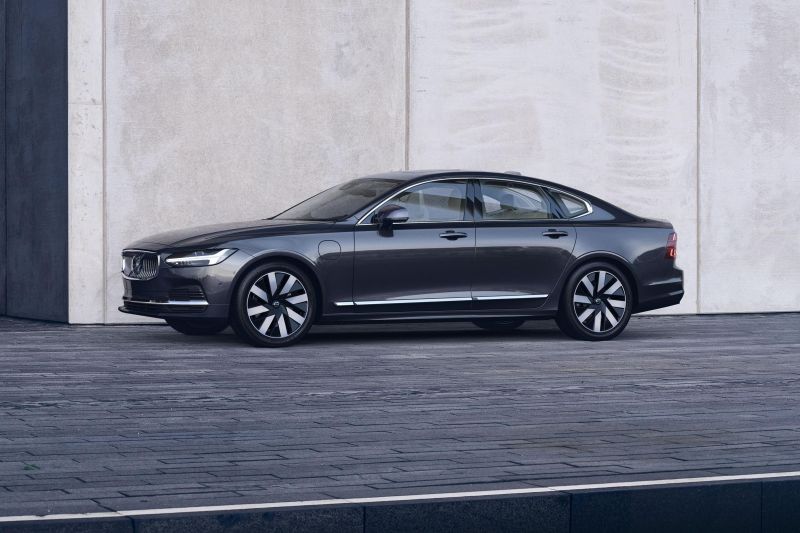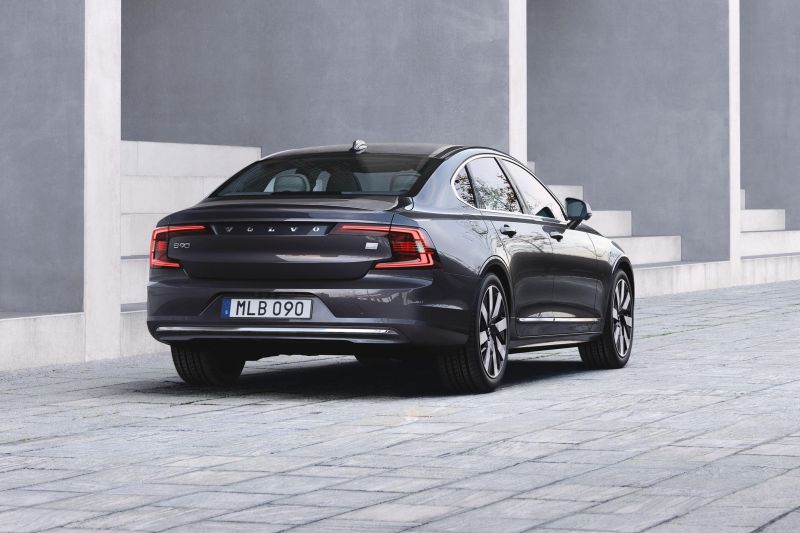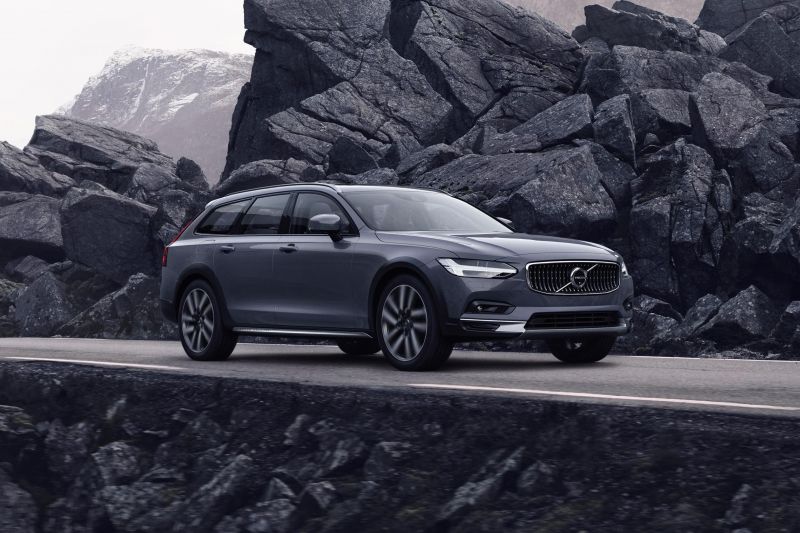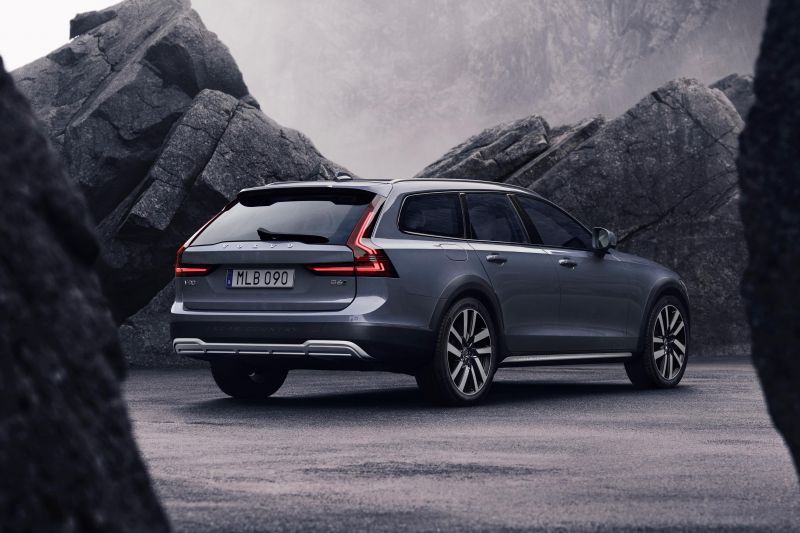Volvo is set to introduce a new large sedan with electric power, showing it hasn’t given up on the increasingly unpopular body style.
The Volvo ES90 will be the brand’s rival to the likes of the BMW i5, Mercedes-Benz EQE and upcoming Audi A6 e-tron.
Teknikens Värld reports Volvo has built the first example of the new car, referred to internally as the V551, at its plant south of Shanghai.
It also published an image from the factory floor of staff standing next to a sign that reads “Top Secret” and likely obscuring the car itself, and near another that reads “Volvo Cars V551 First VP Car Celebration”.
A ‘VP’ is another term for a verification car, intended for evaluation before full production commences. This is expected to begin in 2024.
While Volvo already produces numerous vehicles in China, including the XC40, that market may be the key reason it’s producing the ES90 as sedans remain popular there.
The new sedan might not be able to be sold as the ES90, however, as Lexus has reportedly objected to the moniker as it has its own ES sedan.
The ES90 will reportedly share the SPA2 architecture of the upcoming Volvo EX90 and Polestar 3 SUVs.
Chinese documentation leaked online in 2022 confirmed production of the sedan would begin in May 2024, and it will use the 111kWh battery of the EX90.
It’ll be offered in either single-motor rear-wheel drive or dual-motor all-wheel drive configurations, weighing 2500kg and 2600kg, respectively.
While the document didn’t detail powertrain specs, the EX90 will offer outputs of up to 380kW of power and 910Nm of torque and range of up to 600km on the WLTP test cycle.
The new sedan will measure 4990mm long, 1945mm wide and 1547mm tall on a 3102mm wheelbase.
The document also suggests it’ll be sold alongside the S90, which measures 5083mm long on a 3060mm wheelbase and is offered with a choice of mild-hybrid or plug-in hybrid powertrains. The S90 has been in production since 2016.
Volvo’s current flagship sedan is no longer offered in Australia, having been axed in 2019. Its V90 Cross Country sibling followed it out the door in 2021.
Per Carsalesbase, sales of the S90 have been continually declining in markets like the US and Europe, but it has proved a steadier seller in China.
Volvo has very much become an SUV brand in Australia, though it continues to field the slow-selling S60 sedan and V60 Cross Country wagon.
To the end of November, however, Volvo has sold just 307 examples of these in Australia this year. That’s a paltry three per cent of its total sales.
Volvo Australia confirmed earlier this year they’ll stick around for now, despite having recently been axed in the UK, though noted its line-up could look different as it moves to an electric-only range.
Moving forward, Volvo will offer at least one sedan globally with this new electric model. The future of the wagon, however, isn’t as certain.
Despite Volvos and wagons having long been entwined in buyers’ minds, the company’s CEO has suggested they could be dropped.
“Can we do a really nicely designed and intelligent wagon? Yes, of course can can. The point really is whether we should do it – is there enough margin there, is there enough demand for that car?” Volvo boss Jim Rowan said to Auto Express.
“Are people really going to say, ‘Okay, I’d rather have a nicely designed wagon than choose a sedan [saloon] or an SUV’? Do we think the market is going to move back into that area? Because demand for estate cars and saloons has gone down in Europe.
“It’s a decision that we need to make, and we need to make it with the market intelligence that we have. We’re going to launch a new electric car every year for the next five years. Will an electric wagon be one of them? Watch this space.”
Audi and BMW will offer wagon versions of their A6 e-tron and i5.
Volvo is going electric-only in Australia by 2026, and by 2030 worldwide.




